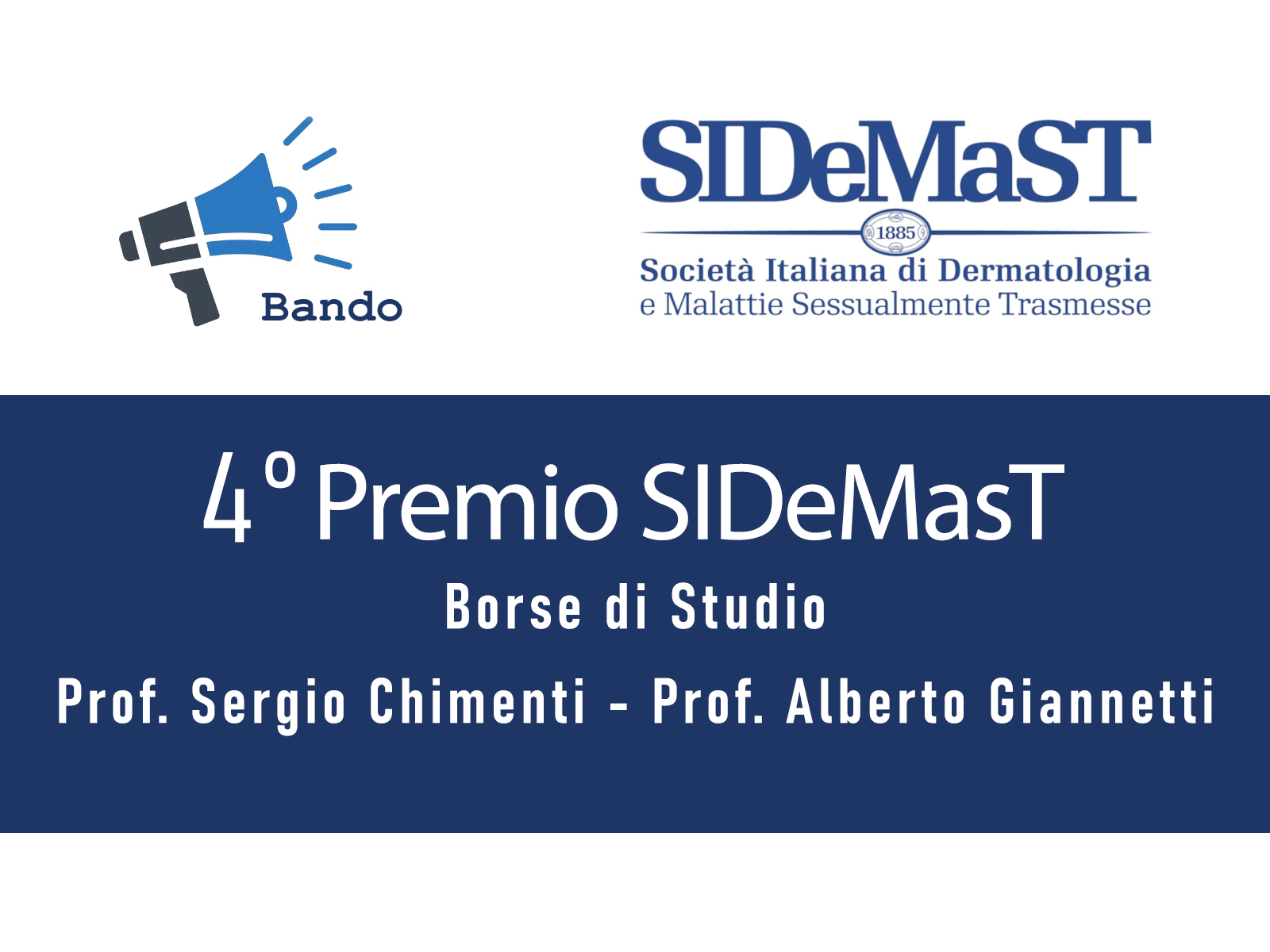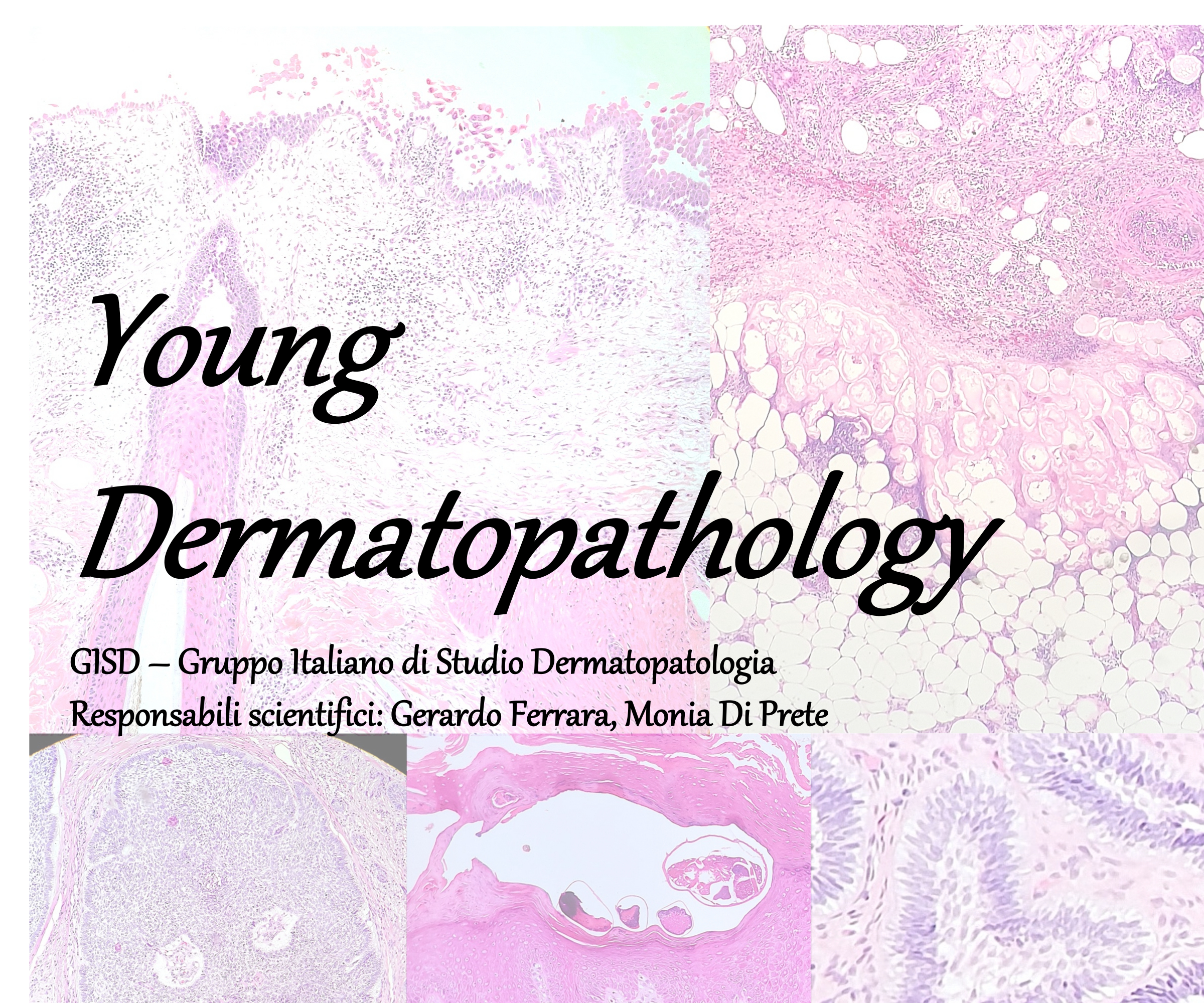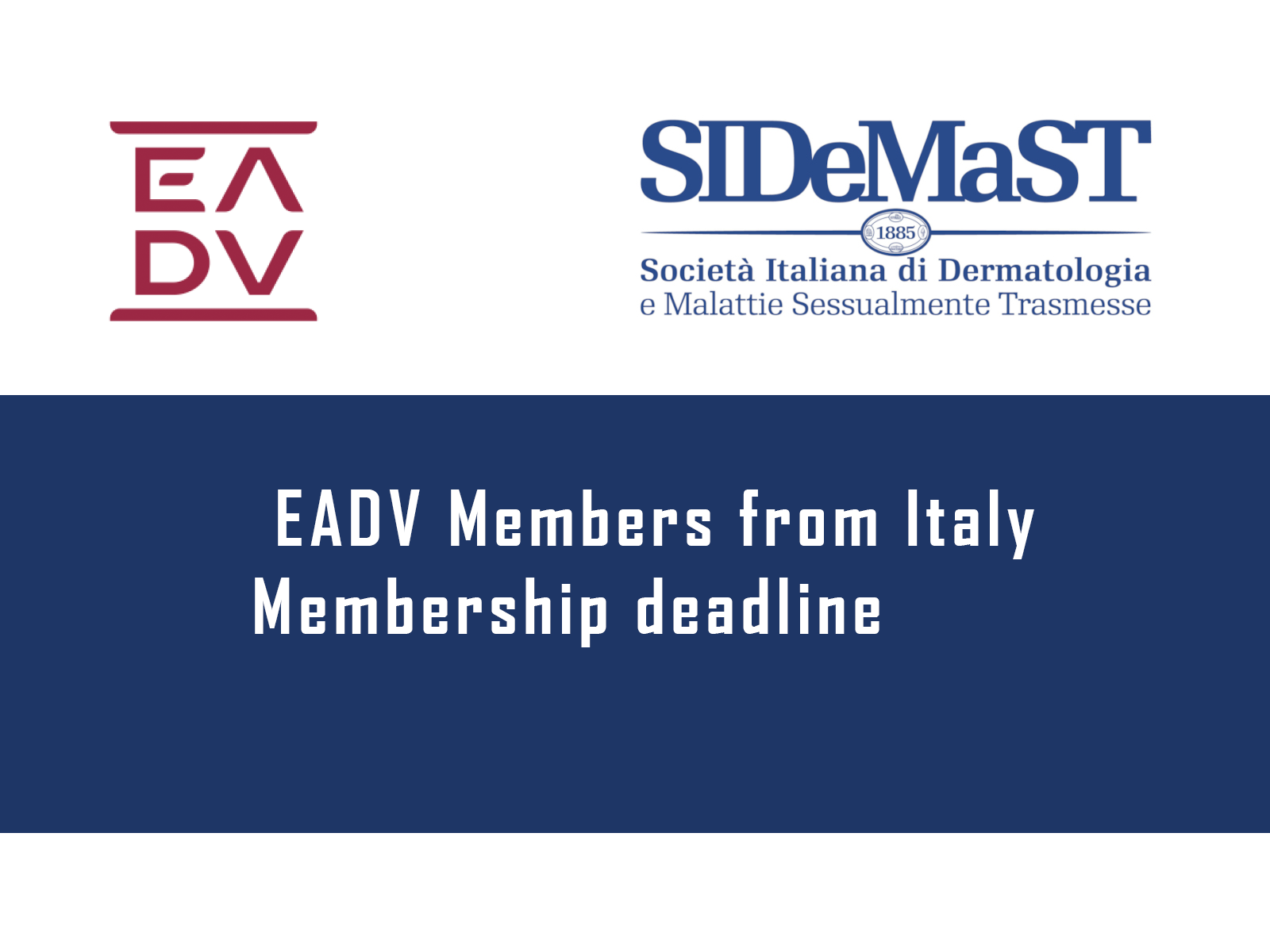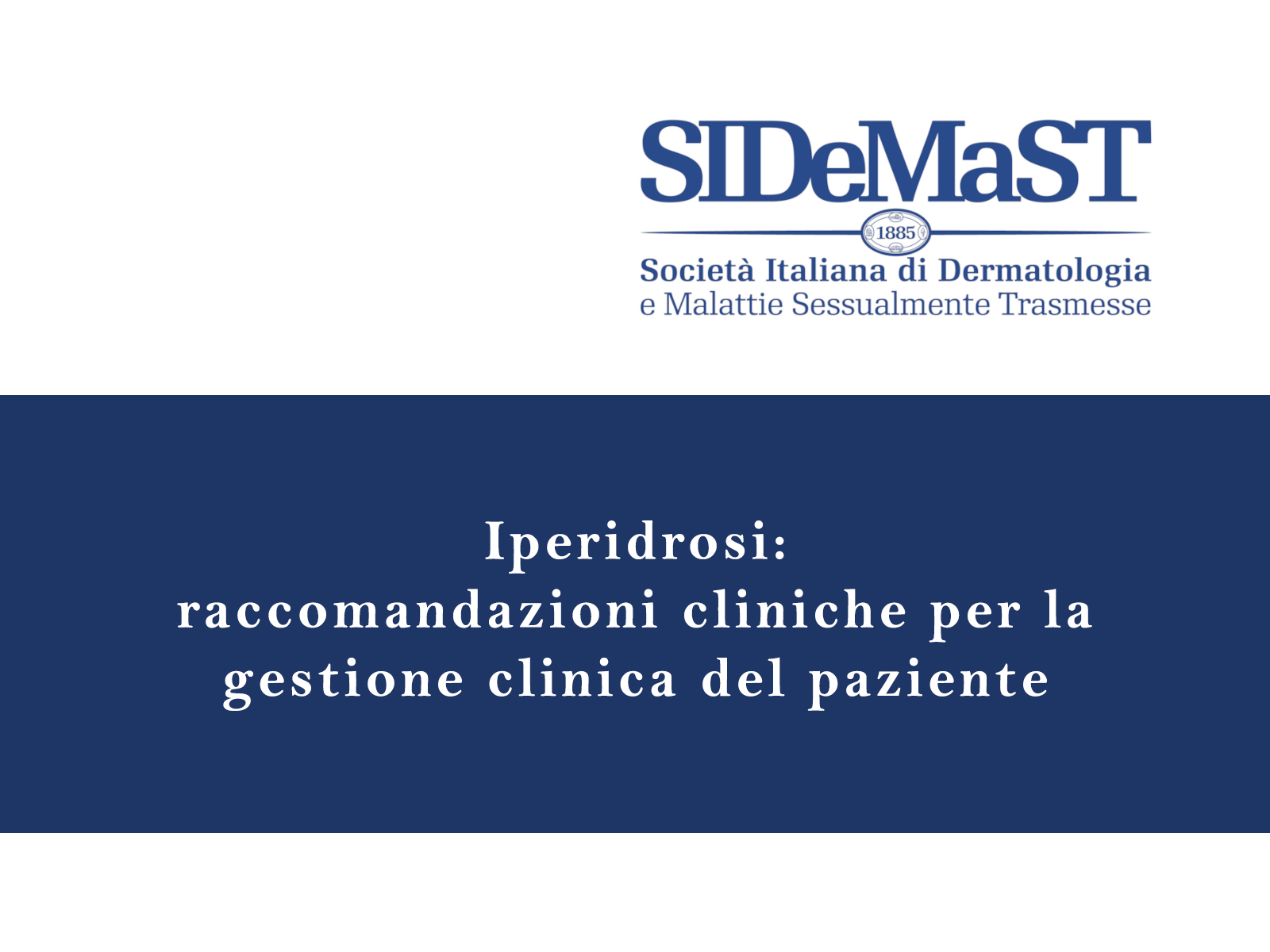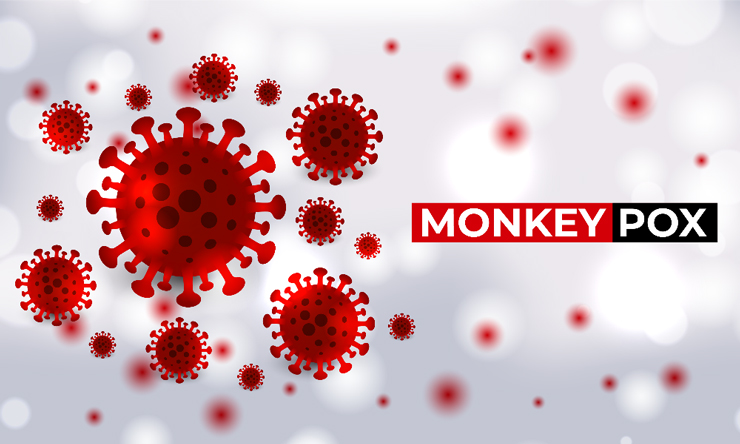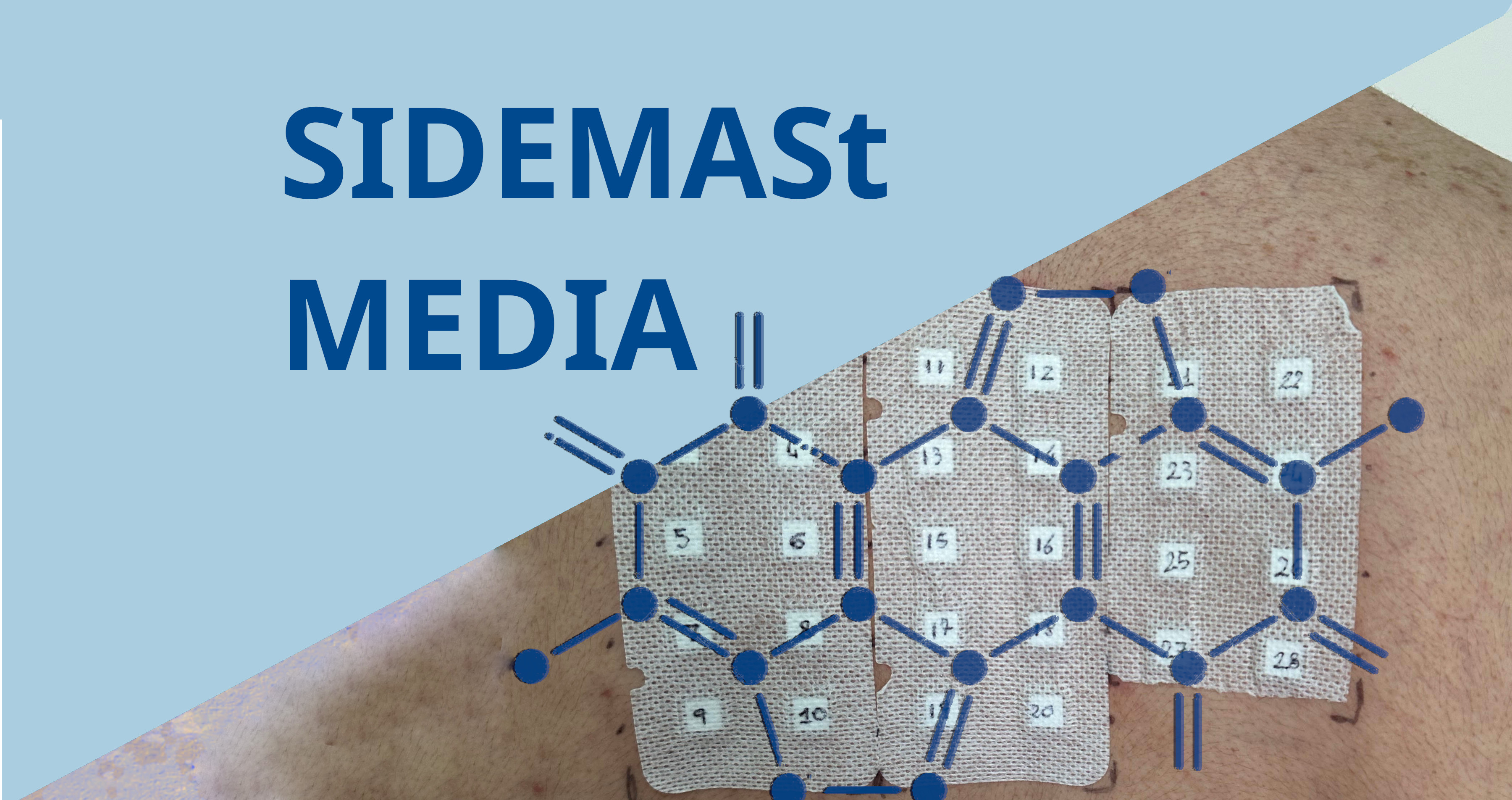Avelumab provided durable responses in patients with distant metastatic Merkel cell carcinoma who had progressed after chemotherapy, according to a study presented here at the 2017 Annual Meeting of the American Association for Cancer Research (AACR).
Six-month data from the phase 2 study was presented last year and showed an objective response rate (ORR) of 31.8% among 88 patients with metastatic Merkel cell carcinoma who were treated with avelumab. A complete response (CR) was observed in 9.1% and the 6-month progression-free survival (PFS) rate was 40%.
Howard L. Kaufman, MD, Rutgers Cancer Institute of New Jersey, New Brunswick, New Jersey, presented updated data with >=1 year of follow-up in all patients.
All patients in the study had disease progression after chemotherapy. Patients received intravenous avelumab 10 mg/kg every 2 weeks until confirmed progression, unacceptable toxicity, or withdrawal. Tumours were assessed every 6 weeks (RECIST v1.1 by independent review).
As of data cut-off, median follow-up was 16.4 months (range, 12.0-25.3 months), and treatment was ongoing in 19 (22%) patients 22%. Reasons for discontinuations were disease progression in 50% (n = 44) of patients, death (8%), adverse events (8%), or withdrawal (5%).
Long-term follow-up showed an ORR of 33%, with 10 CRs and 19 partial responses, including 1 new CR and 1 patient improving from PR to CR since the 6-month analysis.
Estimated 1-year PFS was 30% and the 1-year overall survival rate was 52%; median overall survival was 12.9 months.
"In longer-term follow-up from this study of avelumab in patients with distant metastatic Merkel cell carcinoma who progressed after chemotherapy, the majority of responses were durable beyond 1 year and 2," the authors wrote in their presentation. "Maturing PFS and overall survival data suggest long-term benefit in a proportion of patients."
Funding for this study was provided by EMD Serono Inc.
[Presentation title: Durable Responses to Avelumab (Anti-PD-L1) in Patients With Merkel Cell Carcinoma Progressed After Chemotherapy: 1-Year Efficacy Update. Abstract CT079]


